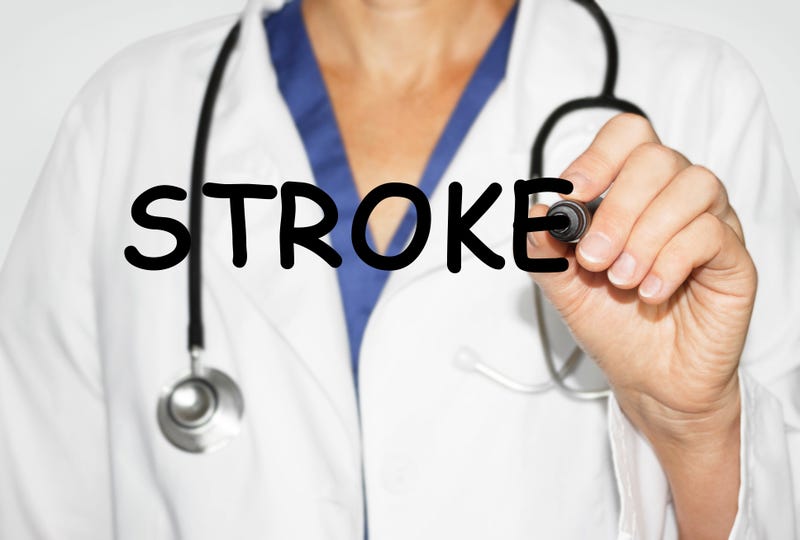
Prisma Health issued the following media release Tuesday.
GREENVILLE, S.C.— As one of 11 states in the “Stroke Belt,” a region of the U.S. where the risk of stroke is 34 percent higher according to the Heart Attack and Stroke Prevention Center, it is critical that residents in South Carolina know the signs of stroke and what to do if one were to occur. May is National Stroke Awareness Month and Prisma Health encourages South Carolina residents to learn more to decrease risks and identify symptoms.
“Significant advances have been made in stroke care over the past few decades, but stroke remains a leading cause of long-term disability and death in the United States,” said Souvik Sen, MD, chair and professor of Prisma Health Neurology and University of South Carolina School of Medicine Columbia, Department of Neurology. “There are risk factors outside of our control but being aware of them and making changes to your lifestyle could help prevent a stroke from occurring.”
Risk factors that can be changed or better managed include hypertension (high blood pressure), diabetes, atrial fibrillation, high cholesterol, and kidney disease. Smoking tobacco, leading a sedentary lifestyle, excessive consumption of alcohol and poor diet are also risk factors.
Sen added, “In addition to addressing risk factors, maintaining a relationship with your doctor, staying on schedule with routine screenings and seeking care when you first recognize a problem can go a long way in helping with stroke prevention.”
If you or someone around you is experiencing symptoms of a stroke, call 911 immediately. Treatment is time sensitive, and every minute matters. The acronym BE FAST can help you remember symptoms of stroke.
· B – balance: if you have trouble balancing or are dizzy
· E – eyes: trouble with vision or a sudden onset of vision trouble in one eye or both eyes
· F – facial drooping
· A – arm and leg weakness
· S – speech or language trouble
· T – time to call 911
According to the CDC, someone suffers from a stroke every 40 seconds. While everyone is at risk, African Americans are at greater risk than other groups.
For more information, visit PrismaHealth.org/stroke.
